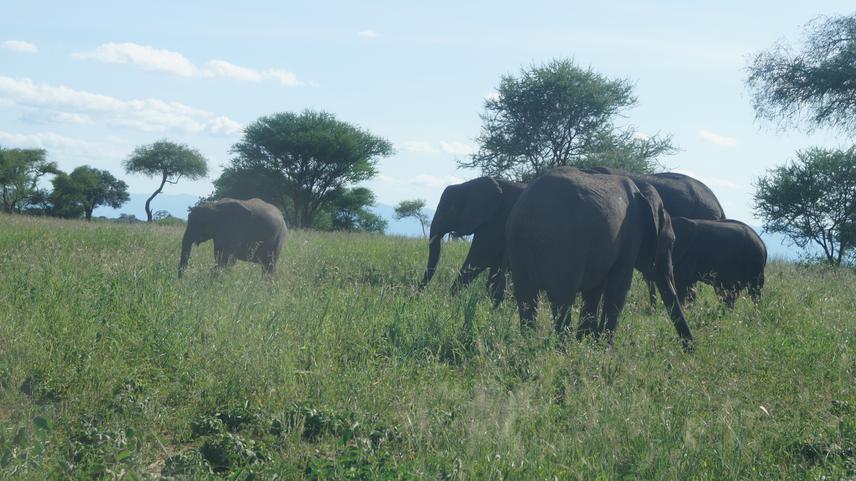Francis Moyo
Other projects
13 Nov 2013
Livelihoods Impacts of Payment for Conservation Initiatives under Climate Change in Tanzania: A Case of Wildlife Management Areas
24 Jul 2018
Befriending Elephants: Upscaling The Use of Spotlights and Chili Bombs to Protect Crops against Elephant’s Raids in Tarangire-Manyara Ecosystem, Tanzania
This study seeks to analyse the human cost of wildlife conservation in human-dominated landscapes.

This projected is inspired by the outcomes of my Ph.D. research project funded by Rufford Foundation Grant number RF 14298-1, titled “Livelihoods Impacts of Payment for Conservation Initiatives under Climate Change in Tanzania: A Case of Wildlife Management Areas”. The project revealed wide spread community grievances toward wildlife management areas (WMAs). In particular, elephants raid on peoples’ farms and loss of livestock due to wildlife attacks. Yet the WMA governance put less emphasis and resources toward protection of people and their properties, and there is no compensation policy for damages caused by wildlife. This incites communities around the WMA to reject WMA and conservation at large. The current research, therefore, seek to quantify and map the human cost of wildlife conservation such as human deaths and injuries, loss of livestock and crop damages due to wildlife attacks, to provide empirical evidence that will back local people and civil society calls for the state to adopt compensation policy and put emphasis on the protection of rural people's lives and their properties in conservation areas.
Wildlife tourism related incomes form a major portion of Tanzania foreign income and the valuation of wildlife and livelihoods is left to the market logic, resulting in processes of commodification of rural landscapes and resources, and in subsequent undervaluation of rural lives and livelihoods. The state and tourism investors are keen on protecting wildlife rather than livelihoods of the rural communities living within and around wildlife protected areas. They focus on documenting and preventing poaching while the human cost of conservation such as human deaths, injuries, and loss of properties receive less or attention on conservation policies and projects.
This research is, therefore, novel on number of accounts. First, by highlights violations of human rights and processes of normalization of violence, which may challenge the devaluation of rural peoples’ lives over those of rangers and wildlife (Neumann, 2004). The information can counter the one-sided proclamations of rural people killing wildlife and attacking wildlife rangers which feed the overarching discourse on anti-poaching measures (Benjaminsen & Svarstad, 2010), also referred to as the war on poaching. Second, linking conservation practices to the loss of human lives and properties can provide incentives for socially responsible donor practices for conservation and increase accountability of donors, funders, and governments.